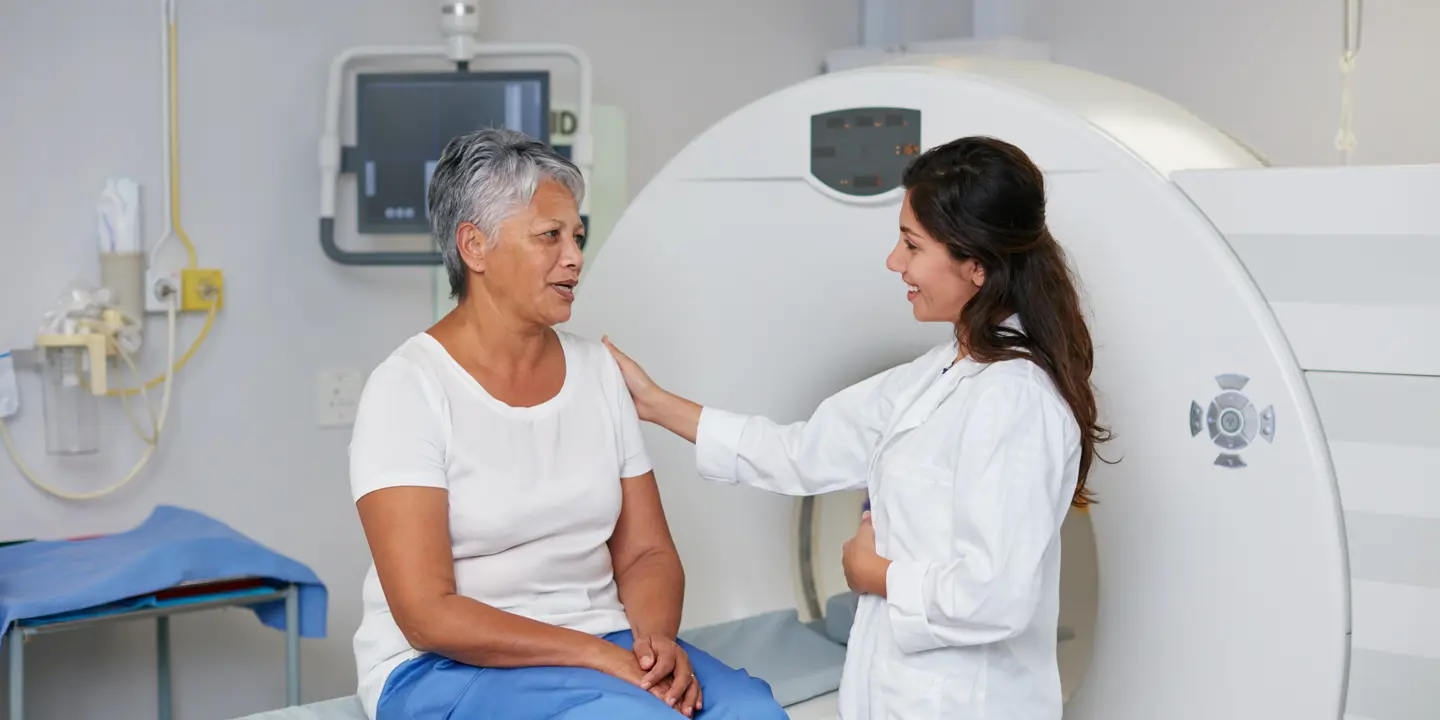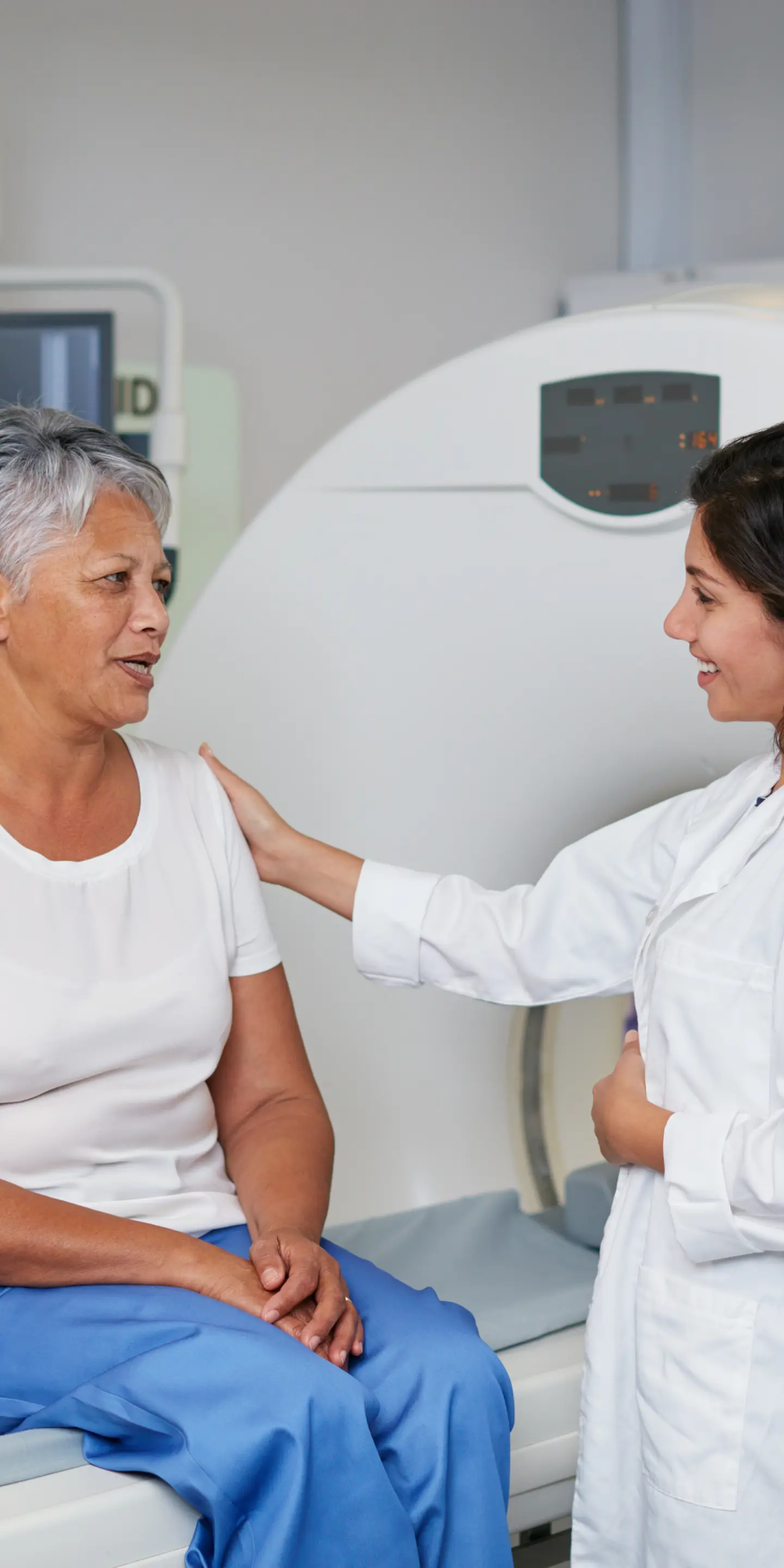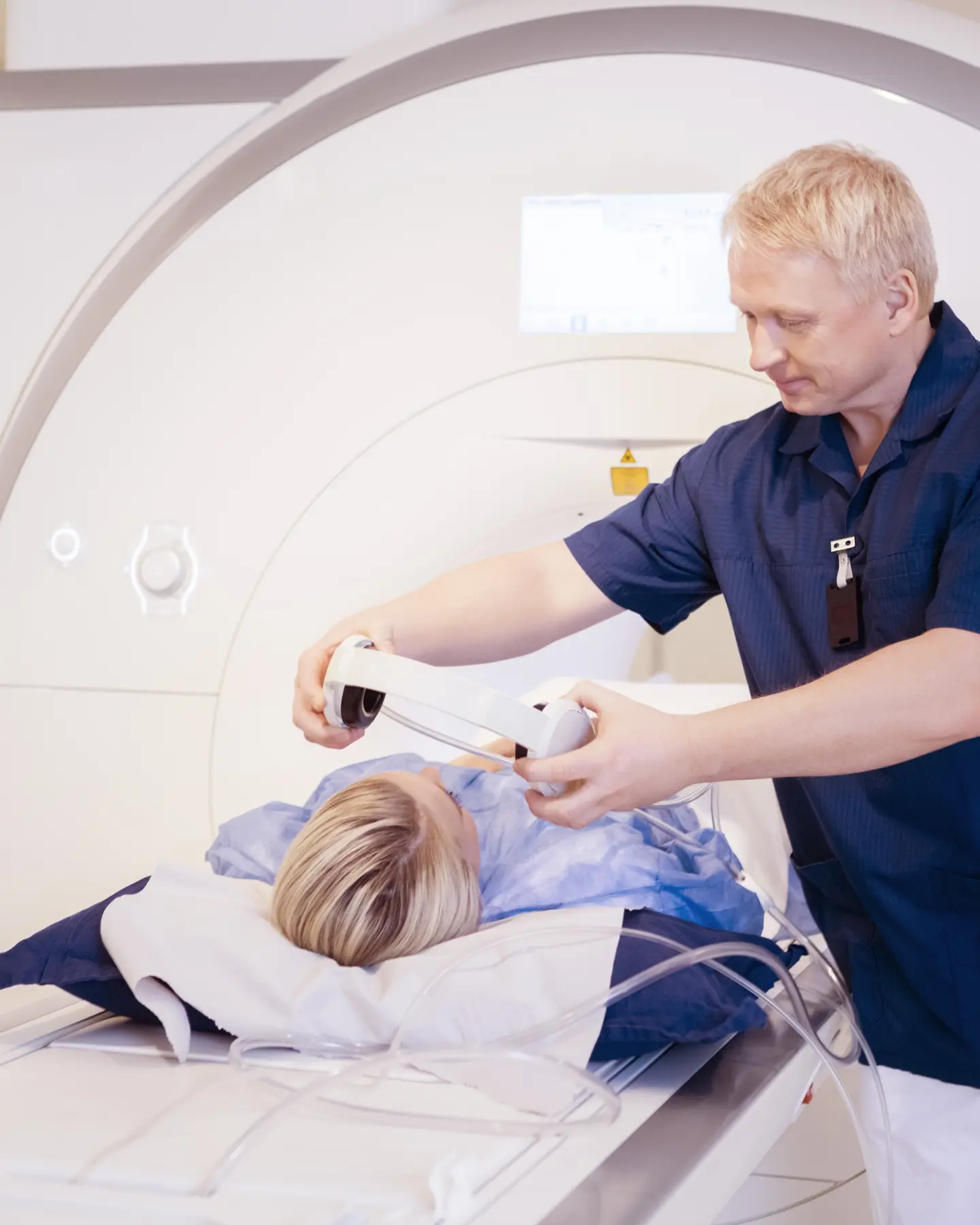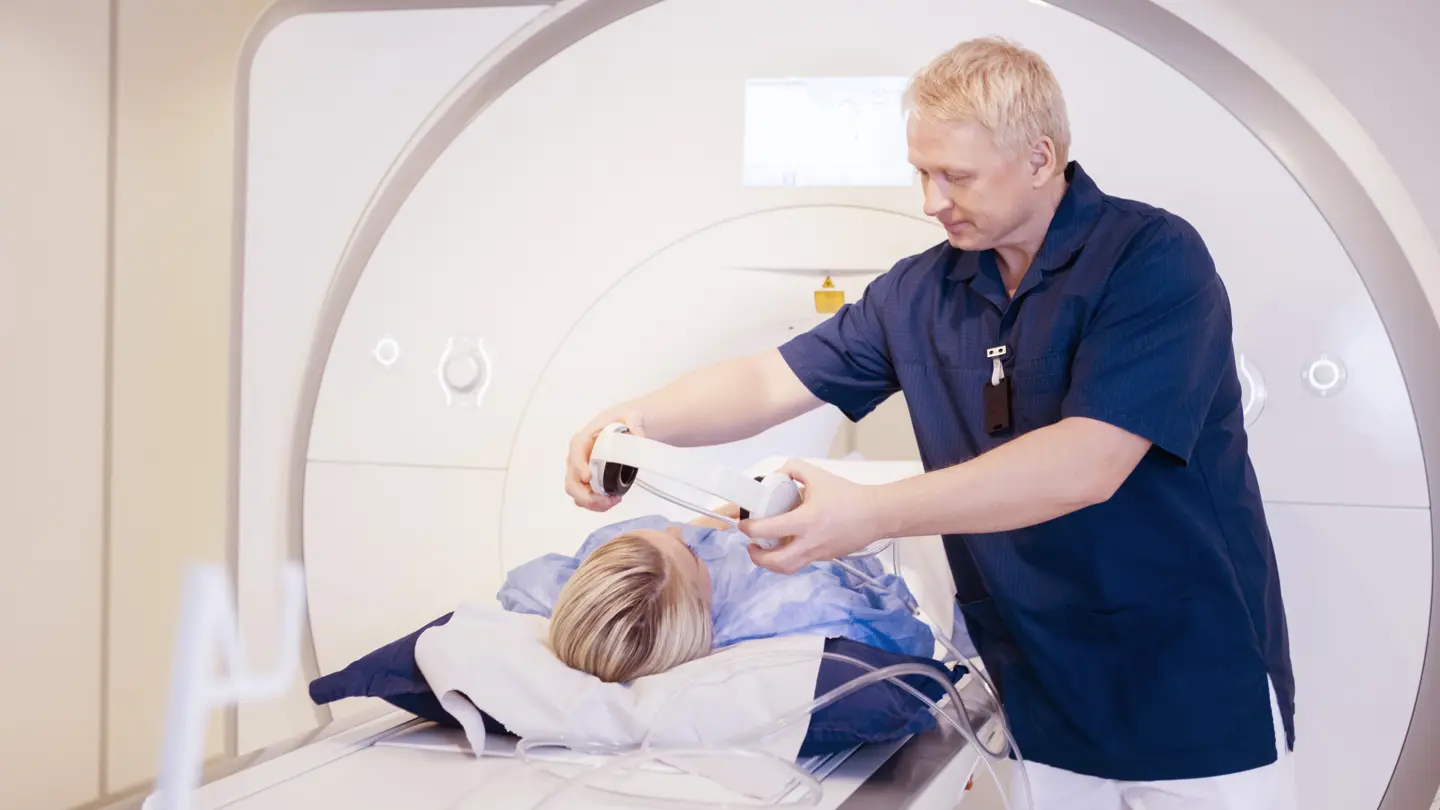

Making expert private diagnostic healthcare accessible and affordable.
Pricing
Vista Health is the biggest provider of private diagnostic services in the UK. We are passionate about making your healthcare more affordable, which is why we pride ourselves on the transparency of our pricing.
How do I pay, and can I spread the cost?
The affordable alternative
| Label and description | Value |
|---|---|
|
MRI scan
Price starts at
|
£249
|
|
Full Body MRI Scan
Price starts at
|
£765
|
|
Ultrasound
Price starts at
|
£175
|
|
Echocardiogram
Price starts at
|
£295
|
|
Open upright MRI scan
Price starts at
|
£575
|
|
At Home ECG Monitoring
Price starts at
|
£265
|
|
Private GP referral service
Referral and FREE follow-up consultation
|
£50
|
|
Ear microsuction
(both ears)
|
£60
|
|
CT scan
Price starts at
|
£445
|
|
CT lung assessment
Fixed price
|
£495
|
|
MR Arthrogram
Fixed price
|
£795
|
|
Prostate MRI
Price starts at
|
£495
|
|
LiverMultiScan
Fixed price
|
£550
|
|
Blood pressure monitoring
Fixed price
|
£125
|
|
ECG Testing In Clinic
Fixed price
|
£99
|
|
Cardiac MRI
Price starts at
|
£750
|
|
X-ray
Fixed price
|
£99
|
|
DEXA
Fixed price
|
£145
|
|
Hearing Aid Consultation
Free Comprehensive Specialised Hearing Assessment
|
Free
|
What’s included in the price?
We offer a wide range of scans, screening and other services. Our prices are among the most competitive in the private healthcare sector. All services come as an inclusive package, with no hidden extras, and all scans and screening prices include reports and images (where applicable).
For some services, the price varies depending on how soon you would like your scan. You will receive a clear explanation of this before you proceed with booking, and you will always have full control over the price you pay.
For certain scans and screening, you can choose to add extra body parts, or book a private GP consultation to discuss your results. These naturally add additional fees to the price.

Our most popular diagnostic services
Services

